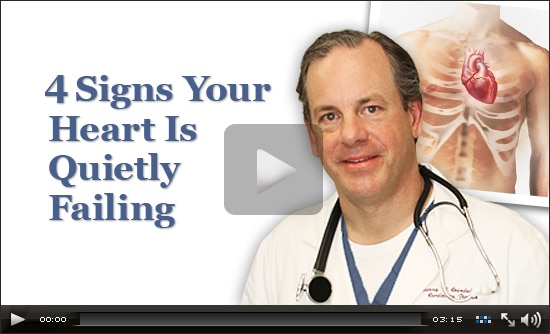- American Retirement Insider
- Posts
- ARI | 02-21-25 AM (Newsmax ET)
ARI | 02-21-25 AM (Newsmax ET)
The Retirement Tax Bomb—And How to Defuse It
The Retirement Tax Bomb—And How to Defuse It
Most Americans think they’re set for retirement if they just max out their 401(k) or IRA and wait. But what if I told you the government has a plan to take a massive cut of your hard-earned savings?
That’s right. It’s called The Retirement Tax Bomb, and it’s been quietly draining retirements for decades. Here’s how it works:
The money you put into your 401(k) or traditional IRA? It’s NOT tax-free—it’s tax-DELAYED. That means the IRS is waiting like a vulture to swoop in and take their share when you start withdrawing.
And here’s the kicker—tax rates are historically LOW right now. But with the U.S. national debt exploding past $34 TRILLION and Biden pushing more reckless spending, do you really think taxes will stay this low forever?
If tax rates rise just a few percentage points, it could drain tens—maybe even hundreds—of thousands from your nest egg.
So what’s the fix?
The ultra-rich don’t fall for this trap. They use a little-known loophole that lets them avoid paying retirement taxes entirely.
Tomorrow, I’ll show you exactly how they do it—and how you can, too.
|
Stay ahead of the news with hilarious and brutally honest conservative cartoons—delivered straight to your inbox. Sign up FREE today!
Do you believe that mandating Roth-only catch-up contributions for high earners is an overreach by the government? |
Fun Fact
The Roth 401(k) was introduced in 2006 as part of the Economic Growth and Tax Relief Reconciliation Act of 2001, offering a retirement savings option where contributions are taxed upfront, but withdrawals in retirement are tax-free.
